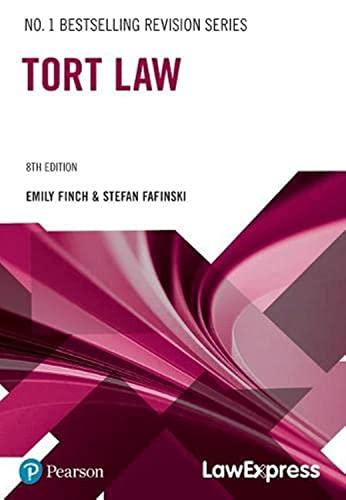Question
his CPA, Katrina Belinski, could prepare financial statements for Ault's small business firm. Three months later, Katrina delivered the completed financial statements together with a
his CPA, Katrina Belinski, could prepare financial statements for Ault's small business firm. Three months later, Katrina delivered the completed financial statements together with a fee for services to Ault. Aaron was surprised at what he regarded as excessive fees in the accountant's invoice and refused to make payment. Katrina, in turn, refused Ault's request for return of his original documents until such time as Ault paid for services rendered.
Unable to retrieve his documents, Ault filed a complaint with the Professional Ethics Executive Committee of the AICPA. The charge was violation of Rule 501Acts Discreditable. Upon hearing the case, a settlement agreement was reached between the AICPA and the accountant. Its stipulations included the following: (1) a two-year suspension of the accountant from membership in the AICPA, and (2) the accountant must complete the AICPA course entitled Professional Ethics, with a passing grade of 90 or above.
What are the basic arguments for and against Aaron Ault's position in this situation? For and against Katrina Belinski's position?
What do you think of the AICPA's ruling in this situation? What would you do if you were placed in the role of ethics representative for the AICPA?
Step by Step Solution
There are 3 Steps involved in it
Step: 1

Get Instant Access to Expert-Tailored Solutions
See step-by-step solutions with expert insights and AI powered tools for academic success
Step: 2

Step: 3

Ace Your Homework with AI
Get the answers you need in no time with our AI-driven, step-by-step assistance
Get Started


